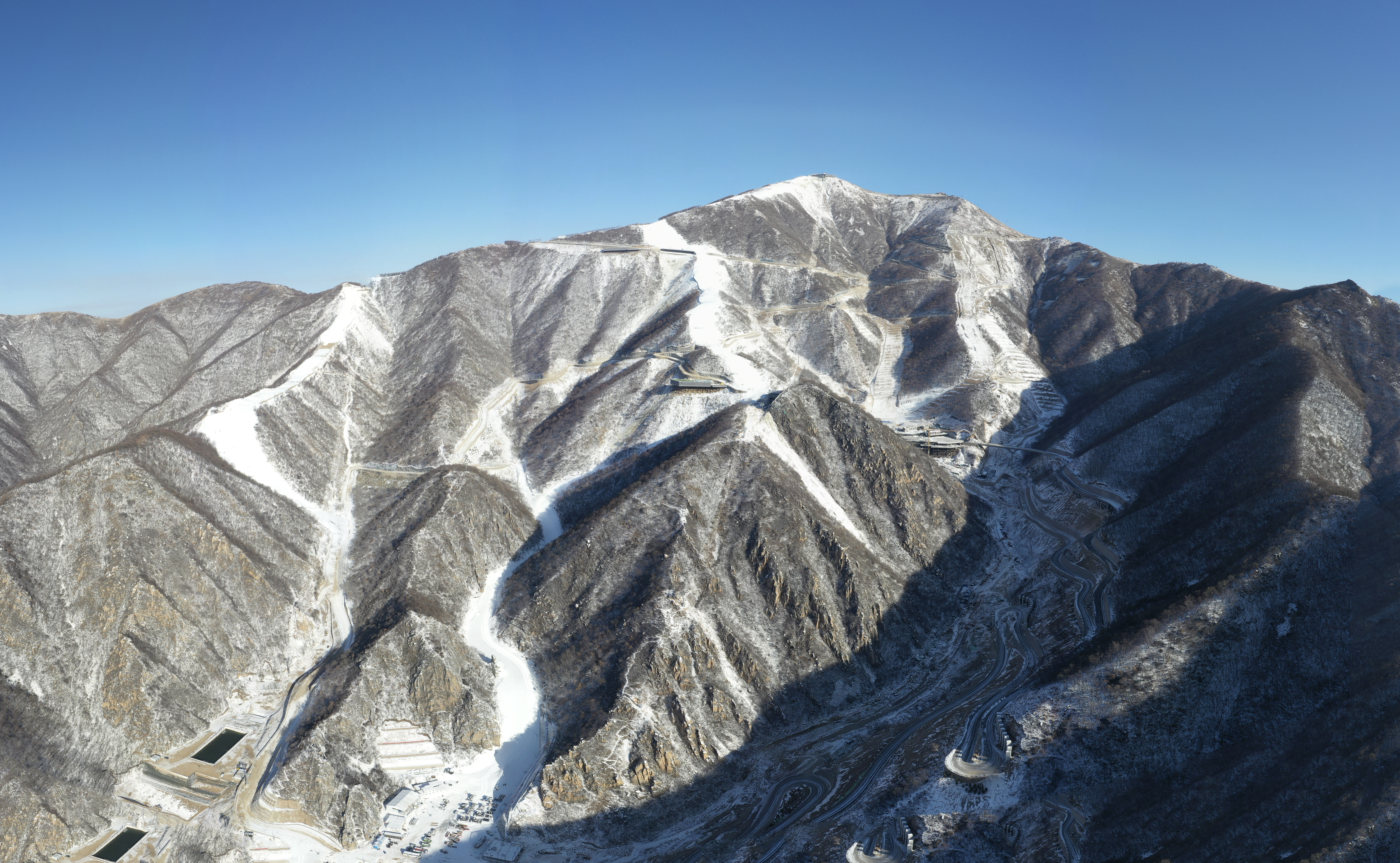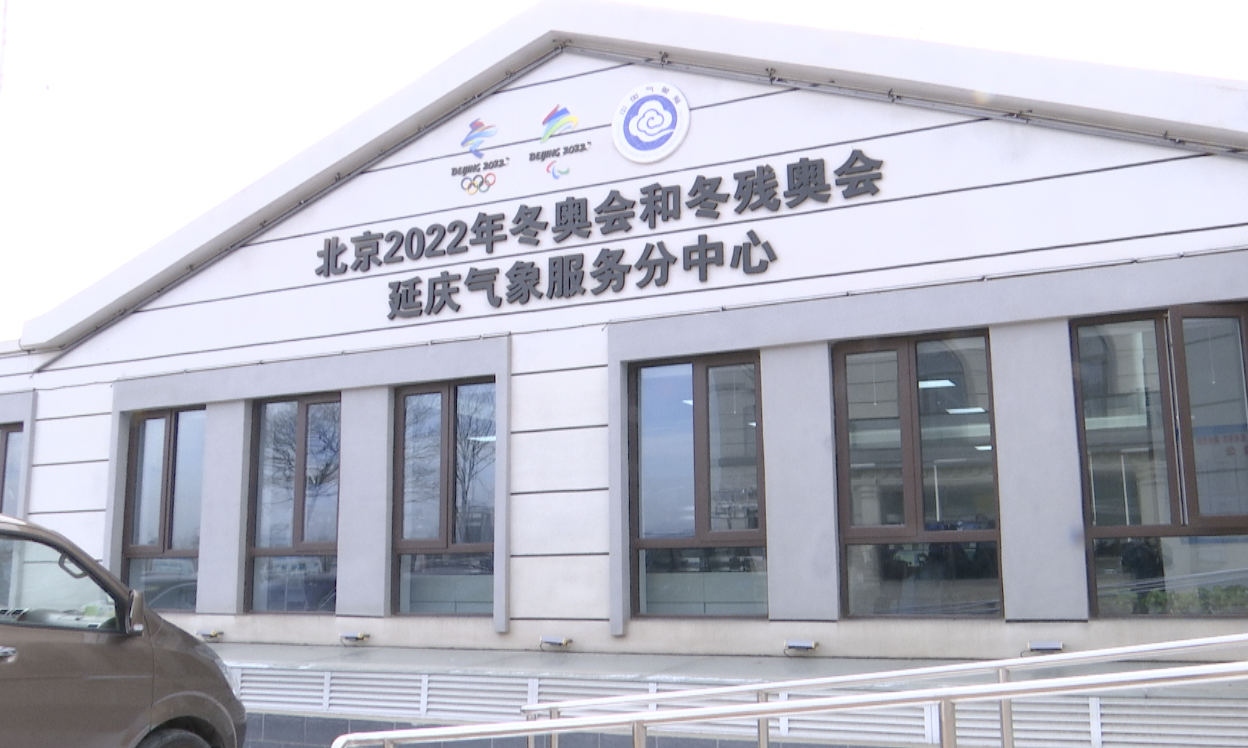"There are four seasons in one mountain, and different days in ten miles," is an old saying in China that describes the weather changing so fast and so frequent up on mountains, and that is expected too at the Winter Olympics, especially in snow-based events.
For example, the distinct vertical drop which is required in the alpine skiing has a big impact on weather conditions. As an alpine skiing venue for the Winter Olympics, Xiaohaituo Mountain in the Yanqing competition zone has about an 830-meter height differential from the starting point, at about 2,190 meters, to the end point at about 1,360 meters. Therefore, the temperature difference from the top to the foot of the mountain may reach nearly five degrees Celsius as the temperature drops by 0.6 degrees Celsius every 100 meters above sea level. The weather directly affects preparations for the Games, the fairness of the competitions and the safety of the athletes, etc.
With the high dependence on weather conditions, accurate weather forecasts during the Winter Olympic Games are particularly important.
How does the weather team forecast for the Winter Olympics? What's the difference in mountain weather forecasts for the Winter Olympics?

Yanqing competition zone. /Beijing Organizing Committee
Yanqing competition zone. /Beijing Organizing Committee
With less than 10 days to go before the official start of the Winter Olympics, the weather forecast team has started putting out reports every hour of the day.
Meteorological forecast involves many elements, including precipitation, snow depth, precipitation phase, average wind, gust, temperature, visibility, dust, PM2.5, etc.
"The wind of different threshold has different influence on cable car and athletes. Also, the amount of snow can be accurate to a few tenths of a millimeter. Only little bit of snow could cause ice on the road under certain conditions," said Yu Bo, the Yanqing deputy team leader of the Winter Olympics Weather Team and deputy director of Beijing Meteorological Observatory.

Accurate weather forecasting during the Winter Olympic Games is particularly important. /China Meteorological Administration (CMA)
Accurate weather forecasting during the Winter Olympic Games is particularly important. /China Meteorological Administration (CMA)
In previous Winter Olympics, weather forecasts were based on a kilometer grid, with time updates ranging from half an hour to an hour.
The Beijing winter Olympics strives to achieve "100-meter level, minute level" weather forecast.
The team can provide a weather forecast every 10 minutes and every 100 meters or less.

Yanqing Meteorological Service Sub-center for the Winter Olympics. /CMA
Yanqing Meteorological Service Sub-center for the Winter Olympics. /CMA
"For the last 20 years, until the 2022 Games, the Winter Olympics almost all took place in areas of oceanic monsoon climate. Here, it's continental monsoon climate, which is very different," she said.
In view of the meteorological service guarantee of previous Winter Olympics, there is no mature and fully applicable technical scheme in the world for the Beijing Winter Olympics. Therefore, the meteorological service guarantee of the Beijing Winter Olympic Games is challenging, with difficulties in the development and breakthrough of meteorological forecast technology.
The weather forecast team has spent five winters in Yanqing now, all to amass data and get a full grasp of the local weather.
"In the past five years, we have gradually understood and familiarized ourselves with the weather in the competition zone, and have field trips and experiences in various ways, including experiencing the weather in different courses and at different altitudes," she said.
(CGTN's Sun Ye also contributed to the story; cover image designed by CGTN's Feng Yuan)
(If you want to contribute and have specific expertise, please contact us at nature@cgtn.com.)

